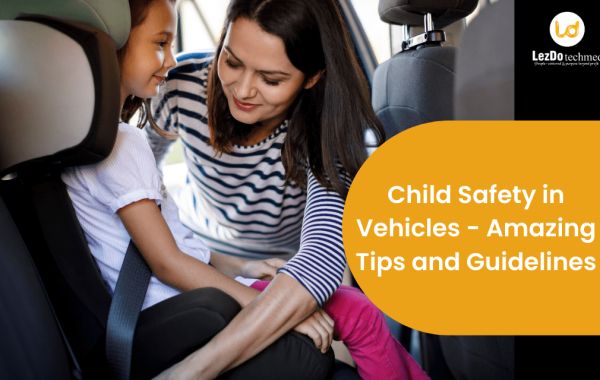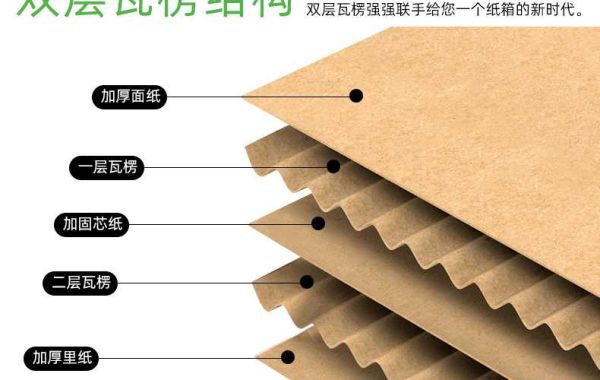https://www.lezdotechmed.com/blog/personal-injury/child-safety-guidelines/
According to the CDC, more than 600,000 children under the age of 12 travel at least once each year without using a seat belt, booster seat, or car seat. With some minor exceptions, each state in the US has its unique child restraint regulations. Under four-year-olds must often travel in a rear-facing car seat secured to the back passenger seat. A forward-facing car seat must be used to restrain children between the ages of 4 and 7. Booster seats must be used to control children under the age of twelve.
The NHTSA has set rules and regulations to lower the number of children who die in vehicle accidents. The NHTSA has released public service announcements with the Ad Council encouraging parents and caregivers to put their kids in the proper car seats depending on their age, height, and weight.
Most parents continue to use booster seats or car seats for their kids. However, whether or not the kids are strapped into the right-sized car seats or if the car seats are positioned correctly raises severe concerns about their child safety. Inadequate car seat installation, failure to tighten belts and tethers, and negligence or ignorance of the right car seat size are all factors that indirectly contribute to the risk of child fatalities.
It is safe to put kids in the back seats since the airbags may kill them if they were in the front seats. When rear-facing car seats are placed in the front passenger seat, airbag inflation during collisions may cause the most significant impact, such as head trauma to the kid.
There are a variety of car seats available on the market to ensure children's safety. The back passenger seat can accommodate the base of rear-facing car seats. It will feature a center that may be removed or snapped into place as needed. This will be cozy for babies and toddlers until they weigh 40 to 50 pounds or reach the manufacturer's maximum recommended age. The cradle-like seat sways with your infant during collisions, lessening the power of the blow to the neck and spine.
The parents will receive Child Passenger Safety Technicians (CPST) assistance in correctly installing the car seats in the back passenger seats. Your children's safety will not be guaranteed even if you buy an excellent car seat and install it correctly. Every time you take a youngster along on a journey, check their seat belts are adjusted securely. Read other blogs from LezDo techmed to learn more about personal injury claims like spinal cord injury, rear-end collision, a lawsuit for bus crashes, antalgic gait, etc.








